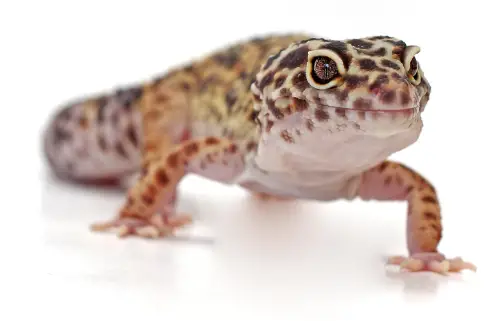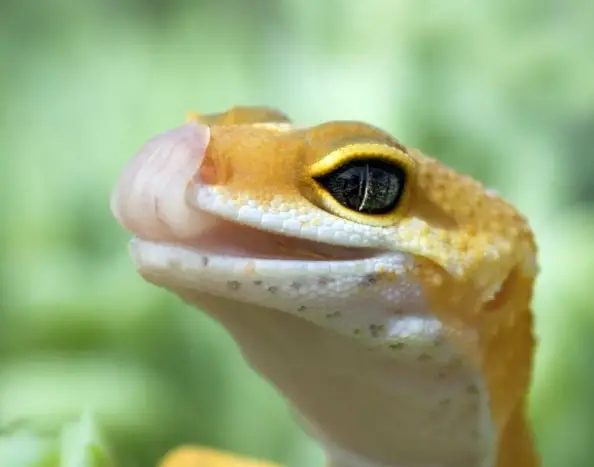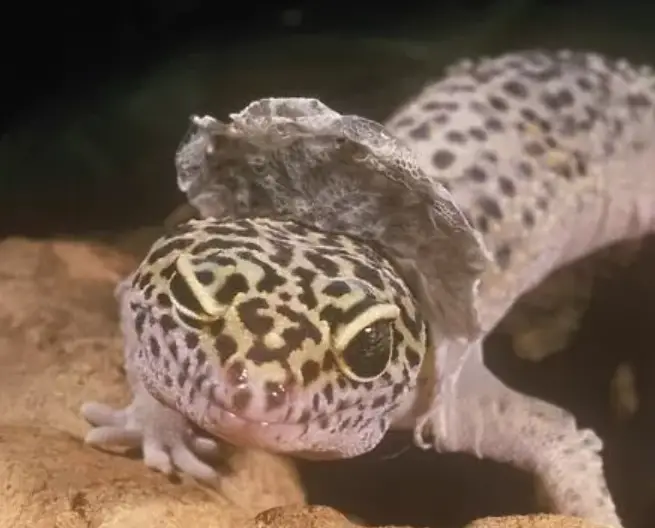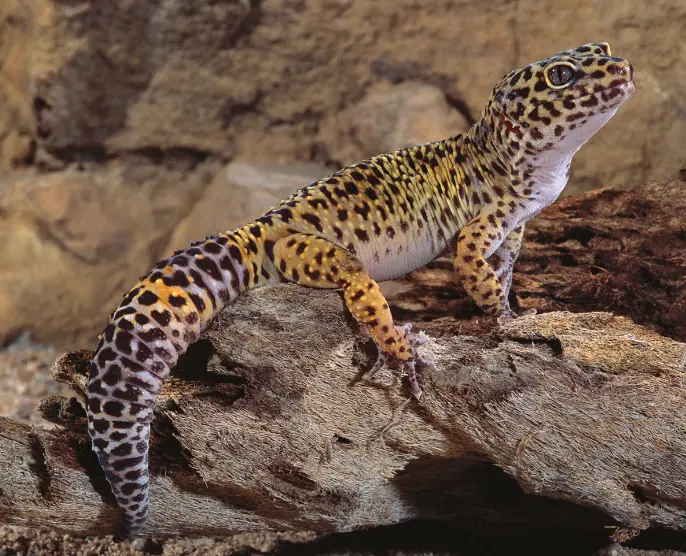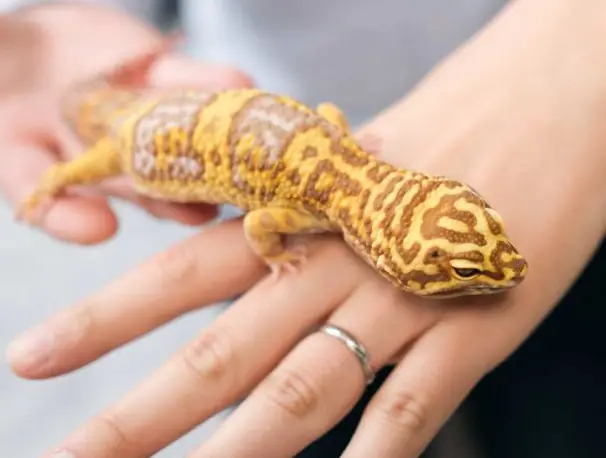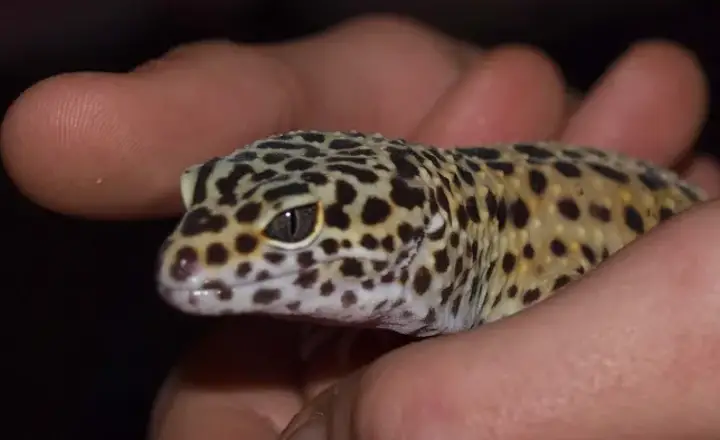Leopard geckos are one of the most popular pet reptiles among enthusiasts. They are known for their friendly temperament and ease of care. However, like all other animals, leopard geckos are susceptible to a variety of health issues, including ticks. While ticks are more commonly associated with mammals, they can also be a problem for reptiles. In this article, we’ll explore whether leopard geckos can get ticks and what you need to know about protecting your pet.
What are ticks, and how do they affect animals?
Ticks are small, blood-sucking parasites that feed on the blood of mammals, birds, and reptiles. They can transmit infections and diseases, including Lyme disease, Rocky Mountain spotted fever, and ehrlichiosis, among others. While ticks are more commonly found on mammals, they can also be a problem for reptiles. A tick infestation can lead to significant health problems for your pet, so it’s important to be aware of the signs and symptoms of a tick infestation.
How do leopard geckos get ticks?
Leopard geckos can pick up ticks in a few different ways. Wild leopard geckos may come into contact with ticks in their natural habitat. Pet leopard geckos can also pick up ticks from outdoor outings or from other pets in the home, particularly if they have contact with other reptiles or mammals.
What are the signs and symptoms of a tick infestation in leopard geckos?
Ticks can be difficult to spot on leopard geckos, as they are tiny and often hide in hard-to-see places. Some possible signs of a tick infestation in leopard geckos include:
– Unexplained lethargy
– Loss of appetite
– Skin irritation or inflammation
– Visible ticks on the skin or in the environment
– Redness or swelling at the site of a tick bite
How can you prevent your leopard gecko from getting ticks?
Preventing tick infestations in leopard geckos is essential for maintaining their health and wellbeing. Some ways to prevent your leopard gecko from getting ticks include:
– Keeping your gecko’s environment clean and well-maintained
– Quarantining new pets before introducing them to your leopard gecko
– Avoiding contact between your leopard gecko and other pets, particularly if they have access to the outdoors
– Inspecting your pet regularly for ticks and removing them promptly
What should you do if you find a tick on your leopard gecko?
If you find a tick on your leopard gecko, it’s essential to remove it as soon as possible. Ticks can transmit diseases to your pet, so speedy removal is crucial. To remove a tick from your leopard gecko, you should:
– Use tweezers or a tick removal tool to grasp the tick’s head as close to the skin as possible
– Gently pull the tick straight out, being careful not to squeeze its body
– Clean the bite area with an antiseptic solution and monitor your pet for signs of infection
Can leopard geckos transmit tick-borne diseases to humans?
While leopard geckos can pick up ticks, they are not known to transmit tick-borne diseases to humans. However, it’s always a good idea to practice good hygiene when handling reptiles or their enclosures, especially if you suspect that there may be ticks present.
How can you keep your home tick-free to protect your leopard gecko?
In addition to taking steps to prevent your leopard gecko from getting ticks, you can also take steps to keep your home tick-free. Some ways to keep your home tick-free include:
– Regularly vacuuming and cleaning all areas of the house, particularly those frequented by pets
– Using tick repellent products in areas where ticks are common
– Checking your pets regularly for ticks and removing them promptly
What other health issues should you watch out for in leopard geckos?
While ticks can be a threat to leopard geckos, they are not the only health issues you need to watch out for in these pets. Other common health issues in leopard geckos include respiratory infections, metabolic bone disease, and impactions, among others. Regular veterinary checkups can help you catch these issues early and give your pet the best chance of a healthy life.
How can you care for your leopard gecko to keep them healthy?
Caring for leopard geckos requires some specific knowledge and attention to detail. Some tips for keeping your leopard gecko healthy include:
– Providing them with a proper diet of insects and supplements
– Maintaining a clean and well-maintained enclosure
– Providing appropriate temperature gradients and humidity levels
– Regularly monitoring your pet’s behavior and health status
Where can you go for more information on leopard gecko care?
If you’re a leopard gecko owner, there are many resources available to help you care for your pet. Some excellent sources of information include:
– Reptile care guides and books
– Online reptile communities and forums
– Veterinarians with experience in reptile care
– Reputable breeders and pet stores
Conclusion
In conclusion, while ticks are not a common problem for leopard geckos, they can be a significant threat to their health and wellbeing. Taking steps to prevent tick infestations and regularly monitoring your pet for signs of ticks and other health issues is crucial for keeping them happy and healthy. With the right care and attention, your leopard gecko can live a long and happy life in your care.
